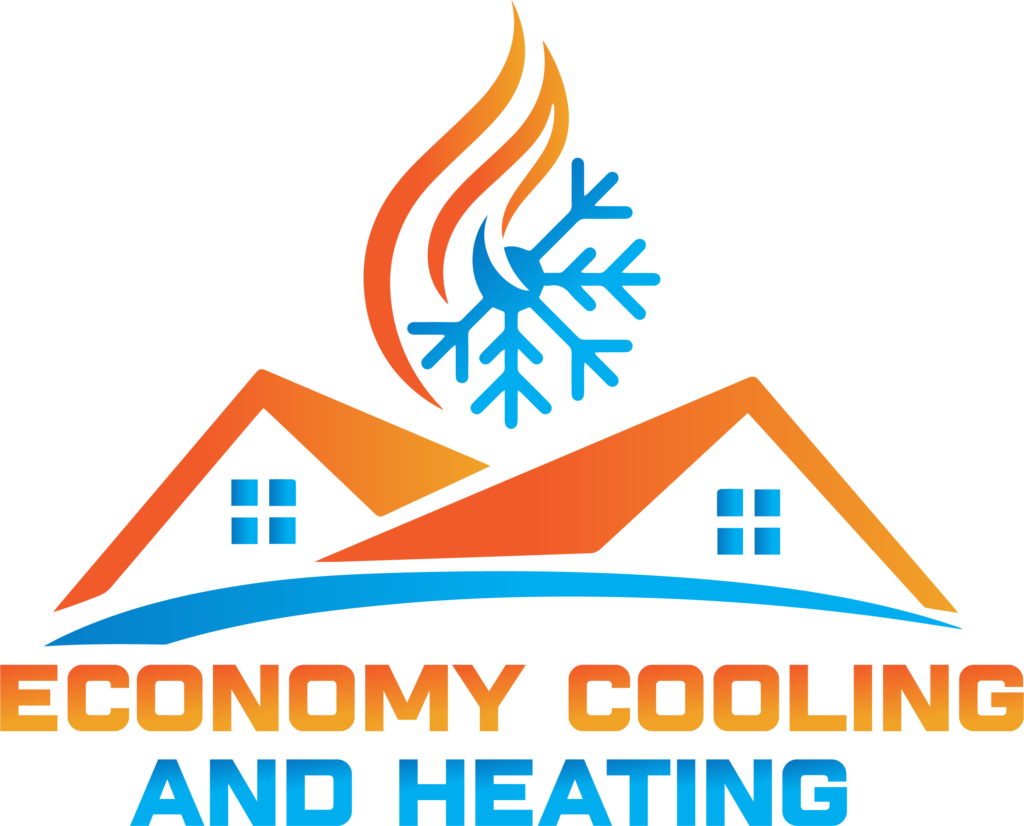If your air conditioner isn’t cooling effectively, first check for any blockages in the filters or ducts, as they can prevent airflow. It’s also important to ensure the thermostat settings are correct. If the issue persists, it’s a good idea to contact a professional to inspect the system for potential refrigerant leaks, electrical issues, or mechanical failures.
HVAC systems benefit from regular maintenance to ensure efficiency and longevity. It is recommended to schedule maintenance at least once a year for heating systems (before winter) and once a year for cooling systems (before summer). Regular servicing helps identify potential issues before they become serious problems and keeps the system running smoothly.
Common signs include inconsistent temperatures, strange noises (like grinding or rattling), poor airflow, and an increase in energy bills. If the system is cycling on and off frequently or emitting unusual odors, it’s a good idea to have it inspected by a professional to avoid further damage and costly repairs.
A loud noise from your air conditioner may indicate an issue with the fan, compressor, or motor. A rattling sound could mean loose components, while a buzzing noise could suggest an electrical problem. It’s important to turn off the system and schedule a service to prevent further damage or safety risks.
Yes, improving the efficiency of your current HVAC system is possible with regular maintenance, such as cleaning filters, ensuring proper ductwork, and upgrading the insulation in your home. Additionally, you can use programmable thermostats to better control temperature settings, which reduces energy usage and costs.
If your system is over 10-15 years old, it may be time to consider a replacement, especially if repairs are frequent and costly. Other signs include inadequate heating or cooling, frequent breakdowns, or significant increases in energy bills. A professional can assess the system and guide you through your options.
For larger homes or commercial buildings, multi-zone or ductless mini-split systems are often the best option. These systems provide individual control over different areas of the space, ensuring optimal comfort and efficiency. A professional can help determine the best system based on your space requirements and budget.
To reduce energy consumption, consider upgrading to a high-efficiency HVAC system, using a programmable thermostat, and regularly cleaning or replacing filters. Proper insulation and sealing any leaks in doors or windows can also reduce the load on your HVAC system, improving energy efficiency.
A heat pump provides both heating and cooling by transferring heat between the indoors and outdoors. Unlike traditional systems, which use separate heating and cooling units, heat pumps are energy-efficient because they don’t generate heat but rather move it. They are ideal for mild climates but may not be as effective in extremely cold weather.
To maintain good indoor air quality, ensure your HVAC system is equipped with high-quality air filters and is regularly serviced to remove dust, mold, and other allergens. Consider installing an air purifier or UV light system to eliminate bacteria and viruses. Additionally, keeping your ducts clean and your humidity levels in check can improve overall air quality.

Signup our newsletter to get update information, news, insight or promotions.
Signup our newsletter to get update information, news, insight or promotions.